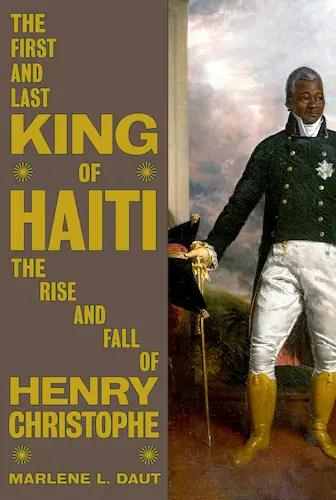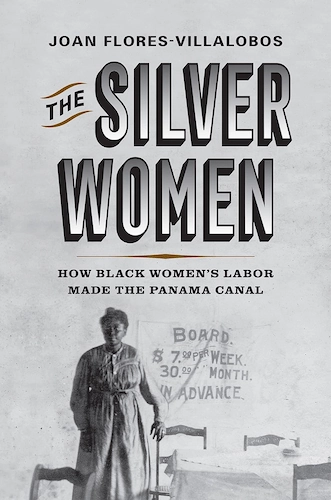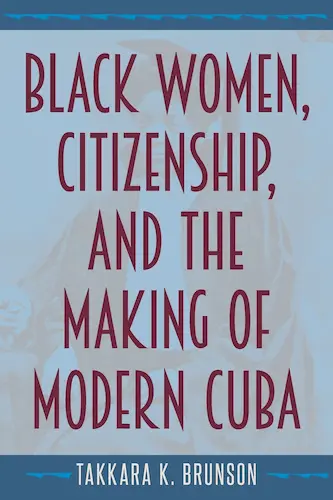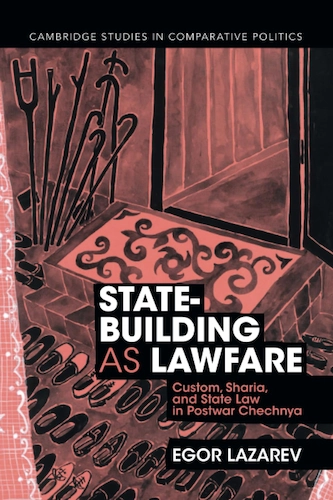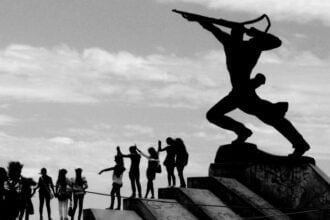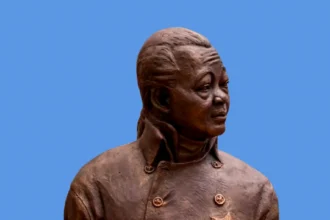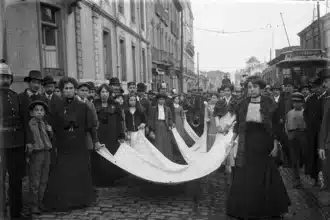Marlene L. Daut’s biography, The First and Last King of Haiti: The Rise and Fall of Henry Christophe, redefines historical narratives surrounding Haiti’s sole monarch. Christophe’s life encapsulates the contradictions of revolution, leadership, and personal ambition. Born in Grenada in 1767, Christophe’s trajectory from enslavement to royalty reflects Haiti’s tumultuous path from colonial subjugation to independence.
Daut, a Yale scholar specializing in French and African diaspora studies, authored this work, which won the 2024 Frederick Douglass Book Prize. She situates Christophe within the broader intellectual and political landscapes of the Haitian Revolution.
Her research reveals Christophe not merely as a figure of historical interest but as a complex individual whose life was shaped by shifting allegiances and revolutionary fervor. From fighting in the American Revolution as a youth to his pivotal role in Haiti’s struggle for independence, Christophe’s military prowess and political maneuvers were both celebrated and condemned.
His eventual self-declaration as King Henry I and the establishment of a northern Haitian monarchy underscore the internal conflicts that fractured post-revolutionary Haiti. What distinguishes Daut’s biography is her commitment to dismantling caricatures that have long defined Christophe.
By examining archival materials and contrasting fictional portrayals with historical evidence, she challenges narratives that oscillate between demonization and hero worship. Daut’s analysis extends to Christophe’s contributions beyond the battlefield: his efforts in state-building, education reform, and the promotion of anti-slavery and anti-colonial ideologies.
The biography also sheds light on Christophe’s complex relationships with contemporaries like Toussaint Louverture and Jean-Jacques Dessalines. His controversial role in the post- independence civil war, his creation of a nobility system, and his eventual tragic suicide in 1820 are explored not just as historical events but as reflections of the personal and political struggles inherent in revolutionary leadership.
Daut’s work is a definitive account of Christophe’s life, offering readers a nuanced understanding of a figure often obscured by myth. It is a scholarly contribution that not only reexamines Haiti’s revolutionary past but also invites reflection on the enduring legacies of colonialism, leadership, and the fight for human rights. For readers seeking to engage further with Christophe’s complex legacy, the book is available here.


